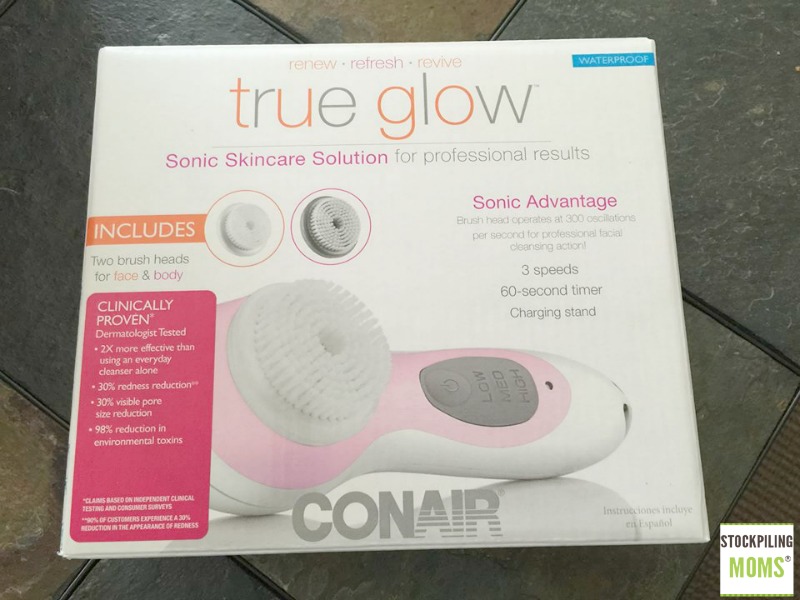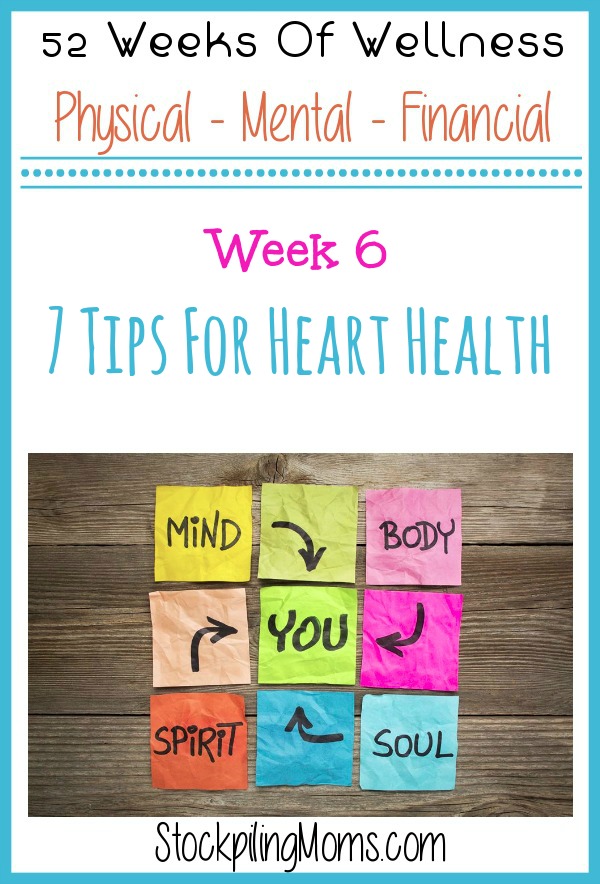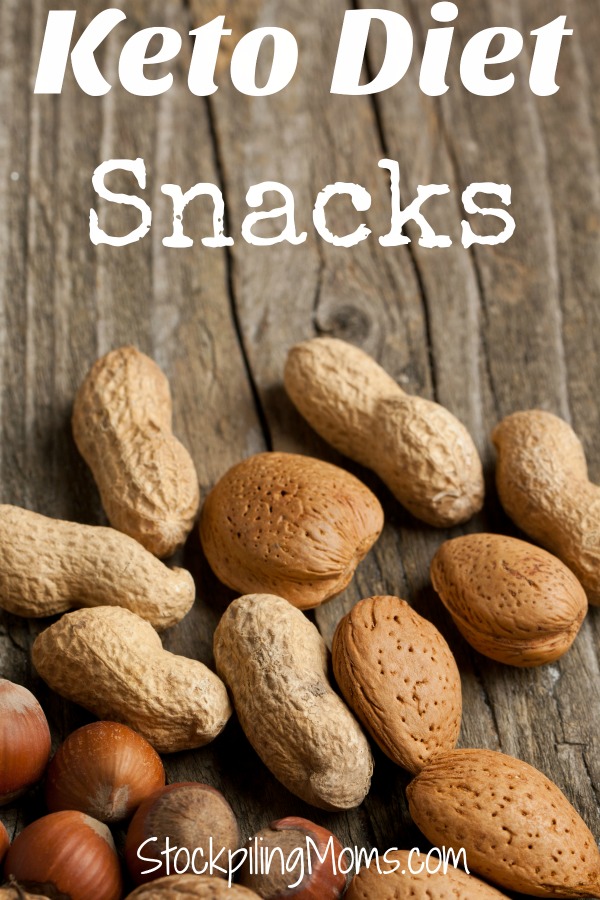How to Choose a Good Probiotic for Your Health
Probiotics are one of the latest health crazes. Unfortunately for us, many of these products don’t give the health benefits that they claim. Of the hundreds on the market today, only about twenty have clinical studies to support their claims of increased health.
Probiotics are a good health investment, but only if they are packaged and processed correctly. Some strains of bacteria commonly contained in mass marketed probiotics have no research backing them up. When you add sugar to a probiotic, such as in many commonly marketed yogurt brands, the benefits are decreased if not completely negated. Concentration numbers of good bacteria is very important, and how the supplement is pasteurized is also important when making the choice of which supplement to purchase. Certain ways of pasteurizing kills both the good and bad bacteria. Knowing what to look for on labels of probiotics, and choosing a good one, can help you boost your immunity and correct certain health conditions
The root words of probiotics mean “for life”. Probiotics refer to a “friendly” or good flora that’s lives in our digestive tract. This is essential for our bodies to break down and digest food. Without this process we cannot gain nutrition from the foods we eat. These friendly bacteria make up 70-85% of our immune system. Probiotics have existed in every traditional diet in recorded history. The most commonly known example is German sauerkraut. The use of this friendly flora originally came about through the use of fermentation to preserve foods before the use of refrigerators. The practice of using probiotics and fermentation stuck around because people noticed many health benefits.
Choosing a Good Probiotic for Your Health
Some of the health benefits of probiotics besides helping us digest our food are:
- They compete with unhealthy bacteria for food, so they can decreased infections
- Production of anti-bacterial co-factors, also decreasing infection
- Help manufacture and produce vitamins such as B1, B2, B3, B5, B6, B12, A and K
- Help produce essential fatty acids
- Eat excess sugar in the body
- Stimulate cell repair
- Increase number of immune cells
- Help extract needed minerals from foods for use in the body
- Combat allergies and inflammation
- Transform toxic chemicals and metals into useful compounds
- Reduction of diarrhea
- Prevent and treat urinary tract infections
- Treatment of irritable bowel syndrome
- Manage and prevent eczema in children
- Fight food-borne illness
Newer research is also indicating probiotics may help with things such as; reducing colds and flu, treating kidney stones, treating colic, cavity and gum disease prevention, treatment of colitis and Crohn’s disease, treat liver disease, comeback anti-biotic resistant bacteria, manage autism, and many more benefits.
Many will ask, “If probiotics are already in my food why should I need to take more or add them to my diet with a supplement?” One of the biggest reasons to invest in a probiotic supplement is that few of us eat traditional foods or maintain a traditional diet any longer. We are not drinking herbal tonics daily, or aging our own cheese. Most of the foods we buy at the grocery store are processed for speed and uniformity at the market. They are also produced in the cheapest most profitable way which often cuts corners and is detrimental to our naturally occurring probiotics. Fermentation to create probiotics is normally a slower process and sometimes unpredictable, making it not a likely choice for mass productions. Many products claiming probiotic benefits also add sugar. This helps them taste better, but counteracts almost 100% of the benefit of the probiotic.
When choosing a probiotic supplement, you must look for SIX main things: stability, sugar, date, living vs. dead, bacteria type, and potency.
- Stability- this just means it needs to be kept cold to preserve their potency. If it is not being kept cold, or the doesn’t state it should be kept cold after opening, it may not be the best choice
- Sugar- as discussed earlier sugar is not a good food source for probiotics. The sugar kills the prebiotics that keep the probiotics alive. You want your supplement to contain both pre and probiotics so your body can utilize them
- Date- the fresher the better, remember these are live cultures!
- Living vs. dead- “live and active” is better than “made with live”. This ensures that after fermentation the supplements are not being heated. This kills the live cultures, thus decreasing your benefit.
- Bacteria type- make sure the bacteria strain used and noted on the label contains 2 names and 2 letters: the genus, species and strain. If the label only lists 2 names, it could be hundreds of different types without research to support them.
- Potency- the higher the number the better. If the supplement doesn’t list a number of colony-forming units or CFU’s, it’s a red flag for an UN pure supplement and should not be taken.
Probiotics if taken correctly can greatly increase your health. As with all supplements make sure you are making educated choices and reading your labels! If you have any questions about probiotics or other supplements please feel free to call Dr. Dierdra at Cornerstone Family Chiropractic in Independence, KY at 859-815-9371.
Dr. Robison attended Wilmington College, in Wilmington Ohio. At Wilmington College, she studied athletic training and would later graduate Summa Cum Laude, with a Bachelor of Science degree. She then attended Logan College of Chiropractic where she earned her Doctorate of Chiropractic (DC) degree. While at Logan Dr. Robison took a special interest in the realms of nutrition, pregnancy and pediatric care. She obtained advanced training in Nutrition and also completed all the coursework to obtain her diploma in chiropractic care for the pediatric population from the Academy Council of Chiropractic Pediatrics. Dr. Robison also has a passion for working with women and children.
Disclosure: We are not providing medical advice, please consult your physician with any questions.

Melissa is a football and soccer mom who has been married to her best friend for 24 years. She loves sharing recipes, travel reviews and tips that focus on helping busy families make memories.









Thanks for your blog! Some people say that probiotics are neither good or bad. But by stopping by, I knew that probiotics are a great help for our immune system. I tried this PHP maxam product. It helps to replenish and restore proper immune and gut bacterial functionality beyond the standard probiotic formula.